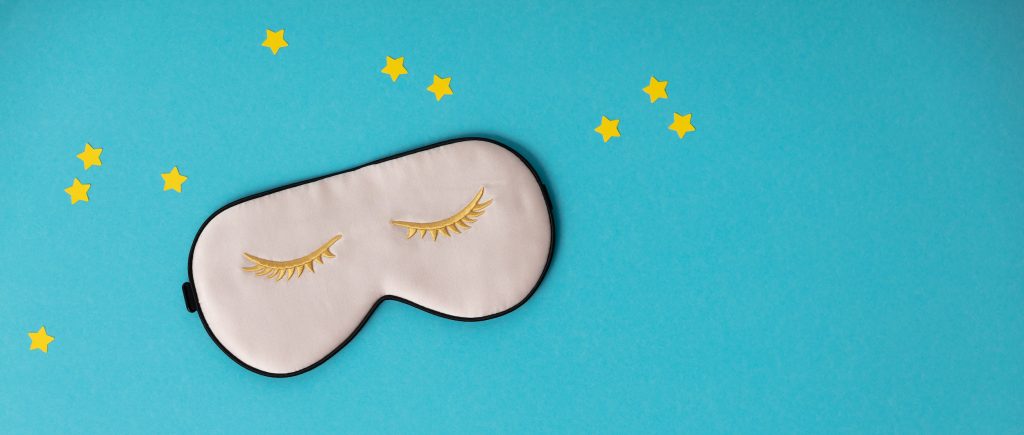
Insomnia is characterised by a difficulty in falling and remaining asleep. Although Leonardo da Vinci and Margaret Thatcher apparently thrived on less than a handful of hours, the average adult requires 7–9 hours solid kip a night. Why do we need so much? Sleep deprivation places significant stress on the body, releasing the silent stress hormone, cortisol, which over the long term has serious health implications. Studies show that insufficient sleep is responsible for an increased risk of motor vehicle accidents, depression, substance abuse, diabetes, heart disease, lowered immunity, poor concentration and even obesity. A good night’s sleep is powerful medicine.
A good night’s sleep is comprised of 5 or more sleep cycles, each lasting approximately 90 minutes. Each cycle has various stages.
Stage 1 is a light sleep where you drift in and out of consciousness and can be wakened easily. During this stage, people may experience sudden muscle contractions preceded by a sensation of falling.
Stage 2 is when the brain waves slow down, and Stage 3 is when your deepest sleep is experienced – no eye or muscle movement is detected. This is when some children (and adults) experience bedwetting, sleepwalking or night terrors.
Stage 3 is also when the human growth hormone (HGH) is secreted. HGH is responsible for growth in children, explaining why children need more sleep. In adults, HGH stimulates the immune system, increases muscle and bone mass, enhances cell repair and promotes fat loss. Some scientists claim that HGH is the ultimate ‘anti-aging’ hormone. No wonder we need our beauty sleep. Following Stage 3 is REM (rapid eye movement) sleep, where dreaming occurs. REM sleep lasts only about 5–10 minutes. As people age, in addition to less sleep, they tend to wake at the transition between non-REM and REM sleep. A person deprived of REM sleep becomes moody and depressed.
The Buteyko Breathing Technique is based on increasing your tolerance to small doses of carbon dioxide. At these levels, carbon dioxide acts as a tranquilising gas, switching on the parasympathetic or relaxing nervous system. Cadence breathing and the Three by Three breathing exercise are simple to learn and a wonderful way to help you into a deep and restorative sleep. Learn more at the Breathing Gym
Blend the following essential oils in 120 ml of orange blossom water, or lavender hydrosol or an essential oil solubiliser and shake well. Spray on your bed linen, pyjamas and/or pillowslip before sleep and dream well! Alternatively, for a relaxing bath soak, blend with 200 g of Epsom salts, 50 g of bi-carb soda and halve the amount of drops of essential oils.
*Valerian is a wonderful sleeping herb for most people. However, for a small percentage, it can have a ‘paradoxical’ effect, that is, the reverse of what is intended. If this happens to you, always avoid valerian and choose from some other herb.